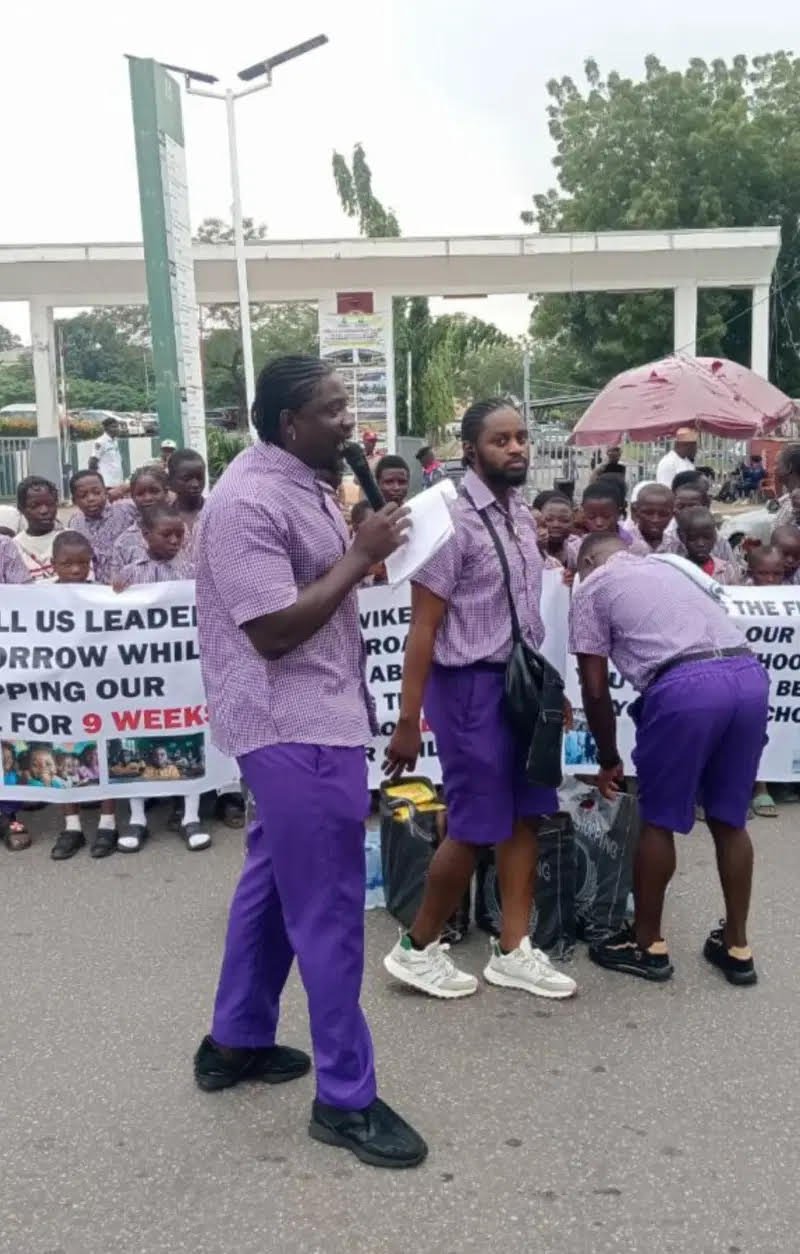The Nigeria Centre for Disease Control and Prevention (NCDC) reports 80 fatalities from 413 confirmed Lassa fever cases across 11 states during Epidemiological Week 6, spanning February 3-9.
The agency, in a statement on its official website during the weekend warns that the case fatality rate has surged to 19.4% from 17.5% in the same period last year.
According to the latest Lassa Fever Situation Report, Ondo and Edo lead the chart, accounting for 34% and 21% of confirmed cases, respectively, followed by Bauchi at 18%. Confirmed infections have been recorded in 63 local government areas across the affected states.
Despite a decline in new cases from 68 in Week 5 to 54 in Week 6, the NCDC remains alarmed by the high death toll. “The primary affected age group is 21 to 30 years, with a male-to-female ratio of 1:0.8,” the agency stated, adding that delayed case presentations contribute significantly to the rising fatalities.
In response, the NCDC has activated the National Lassa Fever Multi-Sectoral Incident Management System (IMS) to coordinate interventions. National Rapid Response Teams (NRRT) have been deployed to Gombe, Nasarawa, and Benue, while healthcare workers in Bauchi, Ebonyi, and Benue are receiving case management training.
“Enhanced surveillance, contact tracing, and distribution of response commodities such as PPEs, Ribavirin, and thermometers are underway,” the statement continued.
The NCDC is collaborating with WHO, Médecins Sans Frontières (MSF), and the International Research Centre of Excellence (IRCE) to strengthen diagnosis, treatment, and outbreak response.
Nigerians are urged to maintain proper hygiene, avoid contact with rodent droppings, and seek medical attention promptly for symptoms like fever, sore throat, and unexplained bleeding.
“As the Lassa fever season peaks, we are intensifying case management training, rapid response coordination, and infection prevention measures,” the NCDC assured.
A nationwide rodent control and community awareness campaign is also planned in partnership with Breakthrough Action Nigeria (BA-N) and other stakeholders.
For real-time updates and safety guidelines, the public is encouraged to visit www.ncdc.gov.ng or call the toll-free line: 6232.



